Sponsored content
To semi-quote one of the best teen rom-coms of all time, hands up if you’ve ever been personally victimised by your family because they all want to know one thing … “When are you having kids?”
It’s a tricky question for me because, for one, I’ve never been more single in my life; two, outside of wanting to make money and travel, I haven’t really decided what I want my future to look like; and three, kindly, it’s none of your business.
If my track record with pap smears is anything to go by, I’m admittedly not great at making sure my body is firing on all cylinders, and in the same vein I’ve also let the discussions around my fertility slide as well.
- Do I want to have kids right now? No.
- Do I want to have them in the future? Maybe.
Since I’m only 31 and I feel relatively young, the idea that my prime baby-making years are nearly behind me is something I hadn’t really considered, but apparently this is when you need to start looking into your options – it’s all about giving yourself more choices.
It’s so easy to let life go by as you pursue other goals and while I certainly feel like I’m not ready to be a mum, deep down I know that my biological clock is ticking and with it my store of healthy eggs is depleting.
I know that thinking about your fertility can feel a little daunting so to help ease you into the conversation, I’ve been looking into how egg-freezing is actually a great option for young women – single or otherwise.
View this post on Instagram
When should you look at freezing your eggs?
The ideal time to freeze your eggs is when you’re in your late-20s to early-30s.
At this age, your body is producing not only a higher number of eggs but also ones of a higher quality. This might not seem all that important now but when it comes to using your eggs at a later stage, you’ll be thankful you’ve suspended their growth at this age.
The process involves all of the steps involved in the IVF cycle up to and including egg collection. For more of the science behind it, click here.
As Dr. Mary Birdsall so brilliantly put it in a recent Q&A:
“guys are sperm machines … but women are born with all the eggs we’re ever going to have and once we’ve run out, we’ve run out”.
Knowing how many eggs you have will help you make an informed choice for your fertility future.
Who should look into it?
Egg-freezing is an entirely personal process so the decision is up to you, but in New Zealand egg-freezing is common amongst:
- Women in their mid-20s through to early-40s
- Single women who haven’t met the right person yet or
- Women in relationships who aren’t ready to have a baby
How does it work, will it hurt and will you need to take time off?
The process is down to a fine art so really is nothing to worry too much about.
Once you’ve had your consultation and made the choice to freeze your eggs, there is some prep work involved to help get your body ready and on the day of collection, you will need to take the day off work.
- There are 8 – 10 days of stimulation injections and a few blood tests to check your estrogen levels
- A vaginal scan – not as scary as it sounds, this is less invasive than a smear test
- 36 hours before collection you’re given a trigger injection
- You’ll receive IV sedation so you don’t feel the actual process – it takes the edge off, a bit like a champagne breakfast
- The whole procedure takes about 10 minutes
- Two hours after the procedure, your eggs are safely in the freezer and can stay there for 10+ years
- Your eggs will remain the same age at the time of their collection i.e. 29, 33, 35
For more on the nitty gritty, check out this Q&A with Dr. Mary Birdsall from Fertility Associates.
View this post on Instagram
What will your fertility and hormones look like after egg collection?
During the pre-collection phase when you’re receiving the stimulation injections, your ovaries will kick-into high gear and produce extra eggs for collection – basically saving the ones that would have died anyway. This means that freezing your eggs doesn’t deplete your bodies natural reserve and in fact, your body will continue to make a new batch each month.
With regards to hormones, your body will settle down afterwards so there are no lingering long-term affects of the treatments or the procedure.
Want to know more about freezing your eggs?
My future is fertile is the perfect way to sum everything up!
Whether you have more questions that we didn’t answer here or you’re ready to start looking into your own options, the expert nurses at Fertility Associates are ready to take your call.
For more information about freezing your eggs, visit Fertility Associates.
See more:
 Written by Monique Renee
Written by Monique Renee
Usually barefoot and deep in wanderlust mode, Mon loves binging Netflix, cuddling babies and stalking through Instagram looking for boho decor inspo and hotties with man buns. You’ll usually find her on holiday, planning a holiday or thinking about holidays.
Favourite Instagram to follow: @the_female_lead
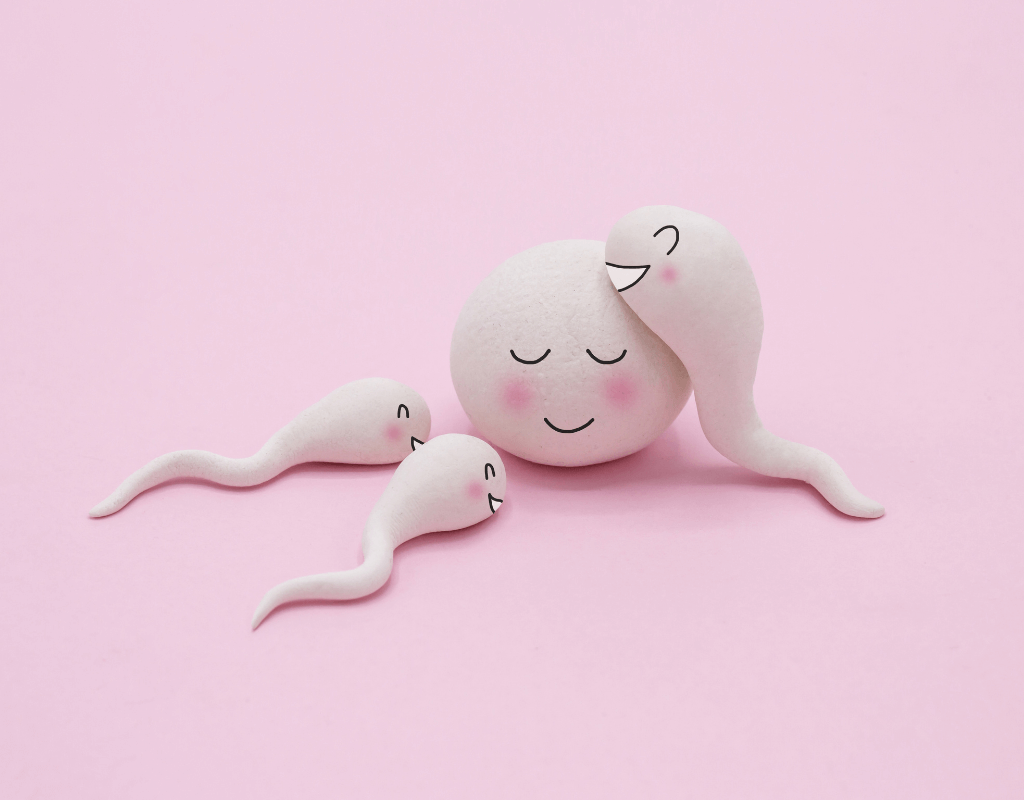
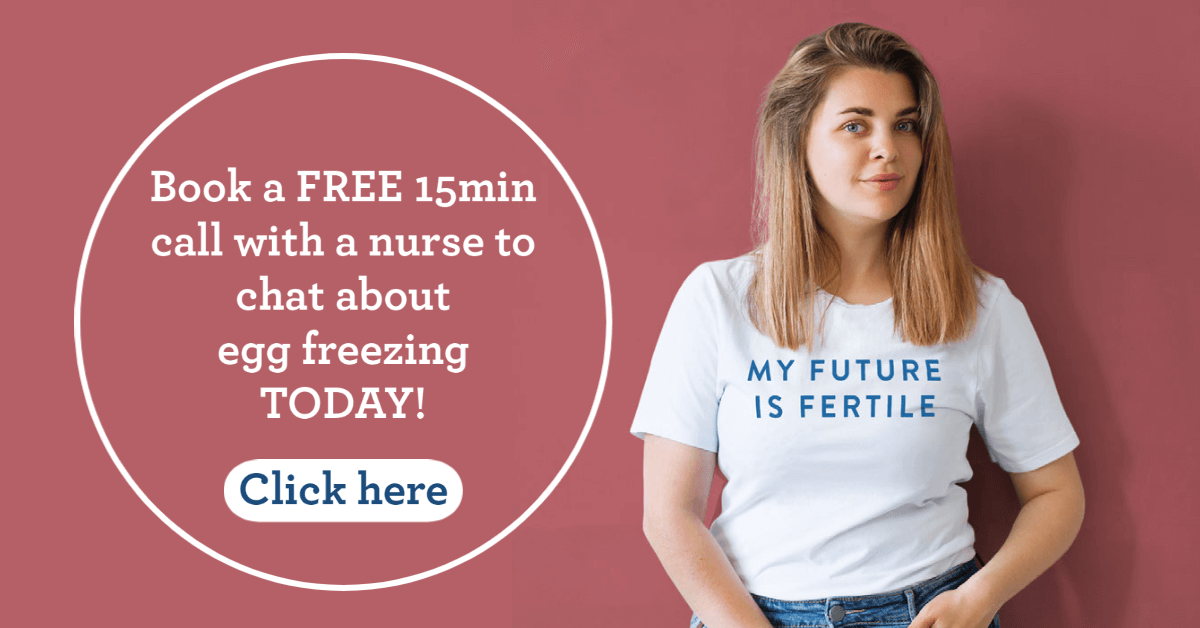
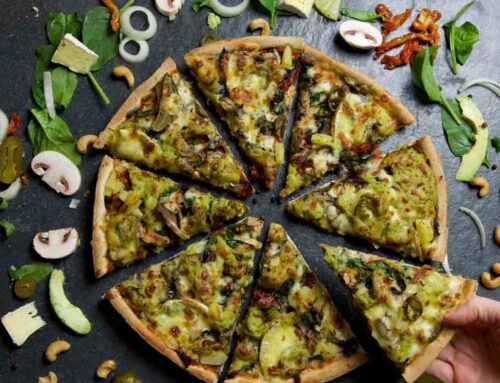

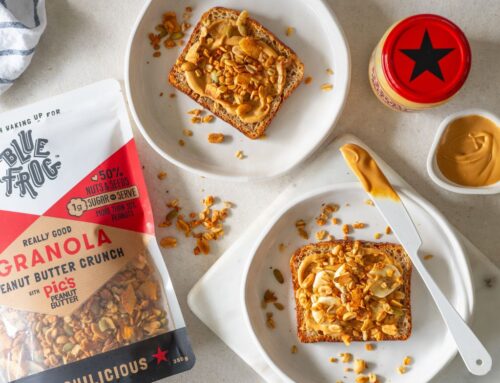
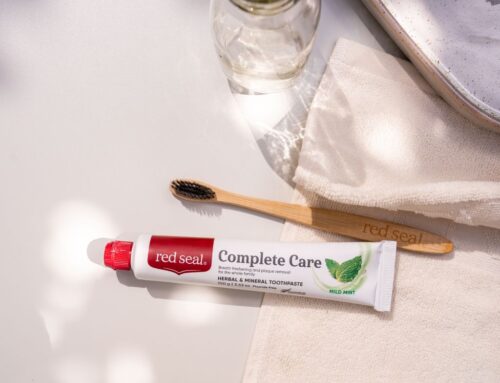

Leave A Comment
You must be logged in to post a comment.